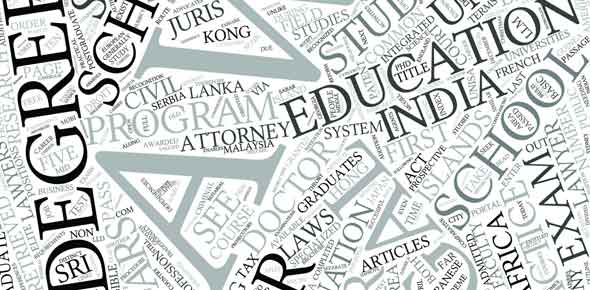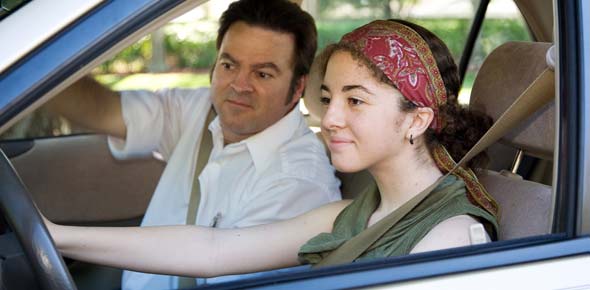Related Flashcards
Related Topics
Cards In This Set
| Front | Back |
|
Stamp Act
|
In
1765 it was a tax on all paper goods (including playing cards) that (along with
the other Acts like the Sugar acts and Navigation Acts) forced the colonists to
re-evaluate their position in the British Empire and ultimately created a
desire for independence. (no
taxation w/o representation, Admiralty courts did not allow trial by juries and
presumed guilt—all against the rights people enjoyed in UK.
|
|
Non-Importation Agreements
|
A movement under
which the colonies agreed to stop importing goods from Britain in order to
protest the Stamp Act--forced British merchants to use their political power in Parliament to represent the colonies, since they had no direct representation.
|
|
Sons of Liberty
|
A radical political organization for colonial independence which formed in 1765 after the passage of the Stamp Act. They incited riots and burned the customs houses where the stamped British paper was kept. After the repeal of the Stamp Act, many of the local chapters formed the Committees of Correspondence which continued to promote opposition to British policies towards the colonies. The Sons leaders included Samuel Adams and Paul Revere.
|
|
Stamp Act Congress
|
In 1765,
27 delegates from 9 colonies met
from October 7-24, 1765, and drew up a list of declarations and petitions
against the new taxes imposed on the colonies.
|
|
Internal Taxation
|
Taxes which arose out of activities that
occurred "internally" within the colonies. The Stamp Act was
considered an internal tax, because it taxed the colonists on legal
transactions they undertook locally. Many colonists and Englishmen felt that
Parliament did not have the authority to levy internal taxes on the colonies.
|
|
External Taxation
|
Taxes arose
out of activities that originated outside of the colonies, such as cusotms
duties. The Sugar Act was considered an external tax, because it only operated
on goods imported into the colonies from overseas. Many colonists who objected
to Parliament's "internal" taxes on the colonies felt that Parliament
had the authority to levy external taxes on imported goods.
|
|
Boston Massacre
|
In 1770, the colonials hated the British
soldiers in the colonies because the worked for very low wages and took jobs
away from colonists. On March 4, 1770, a group of colonials started throwing
rocks and snowballs at some British soldiers; the soldiers panicked and fired
their muskets, killing a few colonials. This outraged the colonies and
increased anti-British sentiment.
|
|
Committees of Correspondence
|
These started
as groups of private citizens in Massachusetts, Rhode Island and New York who,
in 1763, began circulating information about opposition to British trade
measures. The first government-organized committee appeared in Massachusetts in
1764. Other colonies created their own committtees in order to exchange
information and organize protests to British trade regulations. The Committees
became particularly active following the Gaspee Incident.
|
|
Samuel Adams
|
A
Massachusetts politician who was a radical fighter for colonial independence.
Helped organize the Sons of Liberty and the Non-Importation Commission, which
protested the Townshend Acts, and is believed to have lead the Boston Tea
Party. He served in the Continental Congress throughout the Revolution, and
served as Governor of Massachusetts from 1794-1797.
|
|
Virtual Representation
|
Virtual representation means that a
representative is not elected by his constituents, but he resembles them in his
political beliefs and goals. The colonies only had virtual representation in
the British government.
|
|
Direct Representation
|
Actual
representation mean that a representative is elected by his constituents. The
colonies only had virtual representation in the British government.
|
|
Tea Act
|
East India Company-The Tea Act gave the East
India Company a monopoly on the trade in tea, made it illegal for the colonies
to buy non-British tea, and forced the colonies to pay the tea tax of 3
cents/pound.
|
|
Gaspee Affair/Incident
|
In June, 1772, the British customs ship Gaspée
ran around off the colonial coast. When the British went ashore for help,
colonials boarded the ship and burned it. They were sent to Britain for trial.
Colonial outrage led to the widespread formation of Committees of
Correspondence.
|
|
Quebec Act
|
1774
The
Quebec Act, passed by Parliament, alarmed the colonies because it recognized
the Roman- Catholic Church in Quebec. Some colonials took it as a sign that
Britain was planning to impose Catholicism upon the colonies. The First
Continental Congress met to discuss their concerns over Parliament's dissolutions
of the New York (for refusing to pay to quarter troops), Massachusetts (for the
Boston Tea Party), and Virginia Assemblies. The First Continental Congress
rejected the plan for a unified colonial government, stated grievances against
the crown called the Declaration of Rights, resolved to prepare militias, and
created the Continental Association to enforce a new non-importation agreement
through Committees of Vigilance. In response, in February, 1775, Parliament
declared the colonies to be in rebellion.
|






